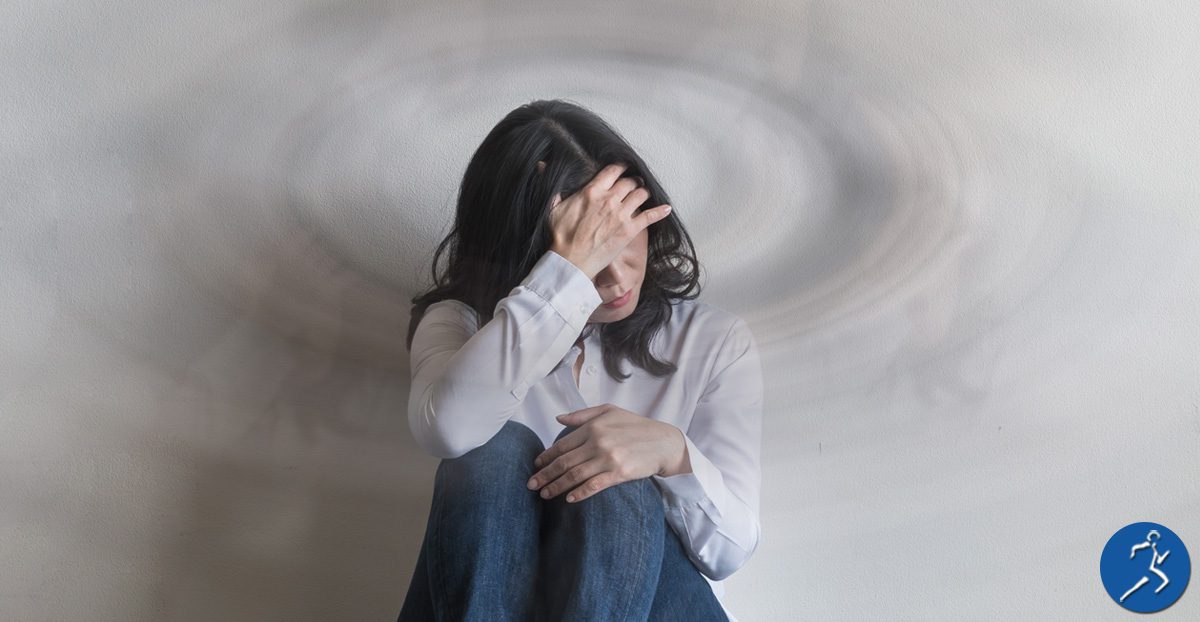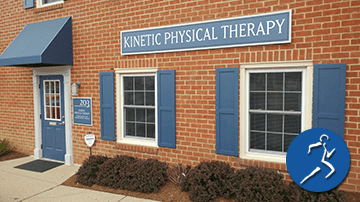 Are you feeling Dizzy? Vestibular Rehabilitation may help. Balance exists thanks to our body’s vestibular system. “Vestibular” isn’t a word we use in everyday conversation. So, what does it mean? How can physical therapy help if our vestibular system isn’t working correctly?
Are you feeling Dizzy? Vestibular Rehabilitation may help. Balance exists thanks to our body’s vestibular system. “Vestibular” isn’t a word we use in everyday conversation. So, what does it mean? How can physical therapy help if our vestibular system isn’t working correctly?
When a child is first learning to walk, they will fall. Probably many times. But the more they practice, the better they become at using their balance. The same is true for a child learning to ride a bike without training wheels. They rarely take long to learn how to use their balance to keep the bike from tipping over.
What Does Vestibular Mean?
We all have a vestibular system. It’s a complex sensory system located in the inner ear. The sole purpose of a vestibular system is to regulate your balance and spatial orientation.
This all-important system sends information to our brain about motion and head position. Your inner ear has semicircular canals. These canals hold fluid-filled tubes. Every time you move your head, a tiny amount of fluid moves inside the tubes. No matter how small of a movement. Every movement tells the brain the body’s position, which maintains your balance.
However, tiny pieces of calcium can break free and float inside the tube. This results in a confusing message sent to the brain regarding your body’s position. And that is when dizziness occurs.
Those Affected by Dizziness
According to the Vestibular Disorders Association (VeDA), 69 million Americans have dizziness issues associated with a vestibular disorder. Most of these people are elderly, although a vestibular disorder can happen at any age.
Other causes of dizziness are hormone fluctuations, high stress levels, or sustaining a head injury.
Vestibular Disorder
There are several different vestibular disorders. Feelings of dizziness are often a common sign of a disorder. Vertigo and dizziness are spinning or whirling sensations even when you’re not moving. It can cause lightheadedness or a sense of rocking.
Often, dizziness also brings imbalance. Imbalance can mean it is difficult to maintain a straight posture, or you need to tip the head to one side. It can also cause a person to look downward to confirm the location of the ground. It can include difficulty walking in the dark. Or imbalance can result in the tendency to touch or hold on to something when standing and walking.
The good news for people living with a vestibular disorder is that vestibular therapy can help improve balance and reduce dizziness-related problems.
How Physical Therapy Helps with Dizziness
At Kinetic Physical Therapy, we will evaluate your condition. We will likely need to perform tests to assess your symptoms, causes of dizziness, and risk of falling. These tests will examine how your head and eyes move.
Once we evaluate the findings, we can customize a treatment plan to reduce dizziness. We will teach you specialized exercises to improve balance and decrease vertigo.
Vestibular Rehabilitation may take time. But with patience and persistently sticking to your rehab plan, we can get you back to normal activities and movements.
We realize that you have a lot of options when it comes to choosing where you receive physical therapy treatment. Remember, at Kinetic Physical Therapy, you can see the same therapist for every appointment. We value your business! Come for a visit soon!


